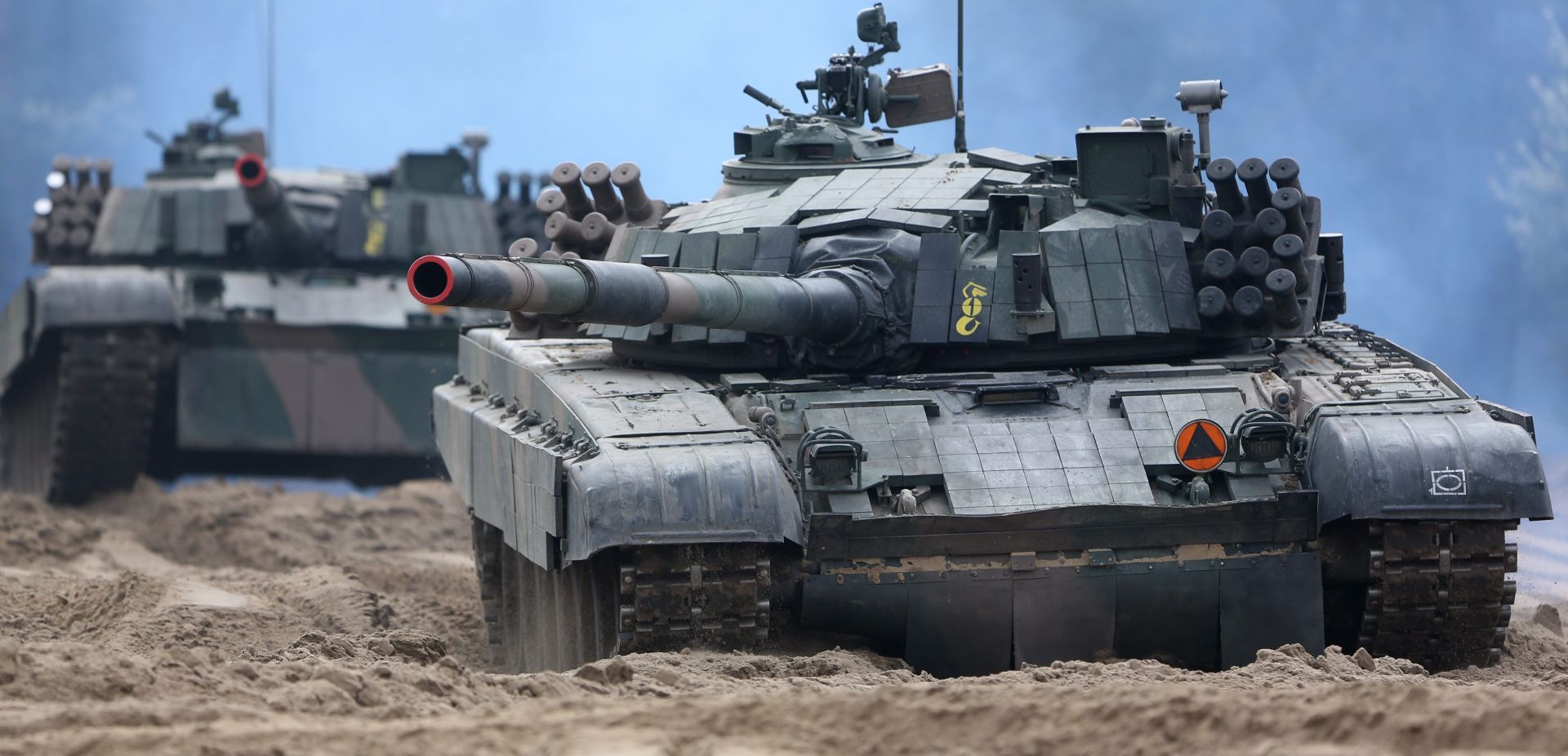And again, leave jokes aside; it can be seen that the field for "greening" the military sector is large. So the question arises again: what comes next? How to move on to the main point, i.e. making the army an institution that emits nothing? How to fire with no powder gases escaping? However, glancing at the Secretary-General's report, the document assures us that the question is fundamentally wrong. First, we need to address the climate challenges that are already there and will be even more of a nuisance in the future. For example, power engineering.
 SIGN UP TO OUR PAGE
SIGN UP TO OUR PAGE 
Some analysts, such as the expert of the Pulaski Foundation and a former Polish diplomat Marek Ziółkowski, consoles that the transition to green energy technologies has unexpected advantages from a purely military point of view. Namely, a military base powered by energy from solar panels or windmills is more resistant to a cyber-attack because its energy is produced locally, and destroying the installation with rockets is also more difficult. You would have to destroy many elements instead of hitting one transformer.
It makes a lot of sense; the thing is, you wouldn’t really know what to do when it was night, the wind had just stopped blowing, and the enemy was right approaching. Perhaps, then it could be necessary to fire up the diesel generator kept for a rainy day, hoping that the enemy will come sooner than the authority keeping emissions in check…
Commanders of nuclear-powered ships probably feel relatively most confident. Supposedly, the aircraft carriers and submarines will survive in the eco-army and should be even its pride. The problem is that aircraft carriers themselves are not of any great value. Only planes and missiles are on board to win wars.
And the electric combat aircraft is a grim joke. So is the rocket. They wouldn't be able to lift their batteries. The use of special ecological fuel for military aircrafts is widely discussed, but fuel that burns without any gas emission is probably only an awesome dream.
I have the impression that the armies of democratic countries have played a certain game with the public opinion. They have pledged themselves to an impossible goal and pretend it is a real one; They inform the community about how “greening” the army is going by cutting emissions the same way that other corporations are doing. After all, from the immortal introduction of C.N. Parkinson to his memorable book "Parkinson’s law", we know that regardless of whom we want to be and what we want to do, our career ends up behind a desk. It doesn't matter if that desk is at a nuclear testing site or at a toy factory.
Shrouded in mystery, the Pentagon is after all nothing more than a gigantic office - and without any particular harm - this office can be made less polluting. In other words, there is no rational reason why it should be treated differently than any other place of work.
Further, the military officials are spreading visions of a climate catastrophe known to us from elsewhere, showing that not only we - the society - but also they - the military - have to deal with this disaster. Again, this makes a lot of sense, because global warming forces the army to take a different approach to equipment and logistics. At the end of the day, you need to fight differently in a desert than in the Arctic fields.
When the anti-Saddam coalition deployed its equipment in the Iraqi desert in 1990, the American and British soldiers realised that desert dust was fouling their tanks’ barrels and threatening to destroy the vehicles if someone decided to shoot. Therefore, the tank-operating boys behaved creatively and secured the barrels with condoms, which were supposed to be perfect also for this purpose. So you can imagine how proud those soldiers were who provided condoms to protect the highest calibre barrels...


 SIGN UP TO OUR PAGE
SIGN UP TO OUR PAGE 




